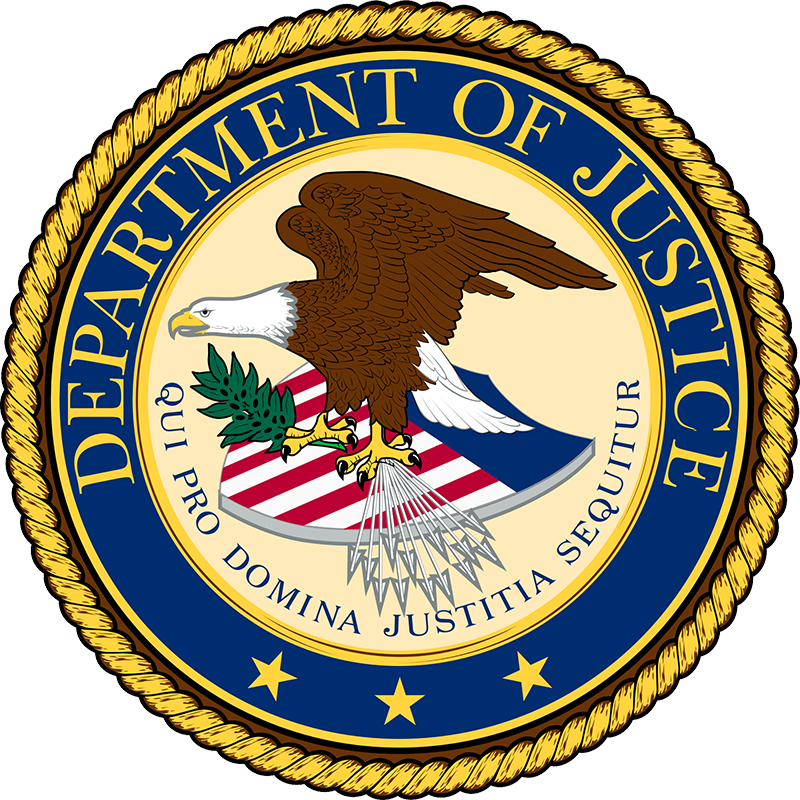The keynote panel at the 2017 Food Safety Summit in May had, as any food safety professional would expect, a focus on how companies are coping with FSMA and the increased scrutiny they may face. There was unanimous belief on the panel that enforcement is coming and all trading partners need to be prepared, but there was also a look beyond FSMA adoption to what will come next.
First, though, where do we stand with FSMA-related litigation?
Shawn Stevens, one of the leading food industry lawyers, told attendees that it’s important for all retailers, wholesalers, suppliers and affiliates to understand that FDA was commanded by Congress to stop foodborne illness and the impact it has on Americans, plain and simple. His advice is for food pros to learn all aspects of FSMA and do it quickly, saying the goal now is to avoid making the operational mistakes that may result in criminal exposure for the company and its executive leadership team.
Going forward, the industry will not only have to comply with FSMA, but it will also need to address recalls, risk mitigation and other complex food safety issues not directly related to FSMA. Foodborne illness outbreaks will still cause legal claims that can be compounded by personal injury suits and potentially impact a retailer’s reputation negatively. Also, there are trends in organic foods, GMOs, gluten-free items and more that will impact the retailer, supplier and ultimately may result in more litigation.
Jeffrey Steger, assistant director of the Consumer Division at the U.S. Department of Justice (DOJ), reported that companies shouldn’t expect a waning of the federal government’s support of non-FSMA enforcement actions. The DOJ gets involved in cases where there is significant harm to consumers, where food company executives had prior knowledge, and where legal action will protect the integrity of the regulatory system and prevent future harm. It has pursued many high-profile food industry prosecutions to date and he believes this trend will continue.
The importance of the FSMA regulations and the responsibilities placed on the food industry shouldn’t be understated in the context of food-related litigation. But there are other new developments in the marketplace and the extended supply chain that are impacting retailers like transparency in packaging, labeling of social responsibility programs, the move toward clean labels and facility auditing requirements.
Recent research by the Food Marketing Institute indicates retailers and suppliers that connect with shoppers in support of food safety are well positioned to build shopper trust and loyalty. The converse must also be true—companies that have their reputation dragged down due to involvement in food safety litigation will surely be poorly positioned to build shopper trust and loyalty.
Retailers and suppliers need to address all food safety-related issues or risk becoming defendants in a lawsuit or further government regulation. To accomplish this goal and, more importantly, to keep their customers safe, food companies need to nurture an enterprise-wide food safety culture that extends from the executive suite to store personnel –all retail employees must be responsible for food safety. Only then will customers recognize the company as being committed to food safety, and only then will the company get ahead of any potential food safety-related litigation.

















